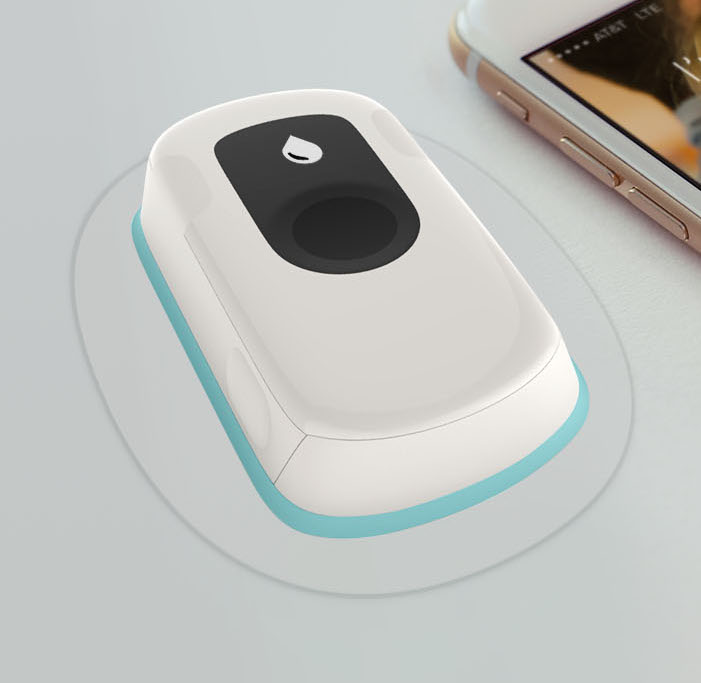 Chrono Therapeutics, the maker of a wearable, smartphone-connected drug delivery device for smoking cessation, has completed a small randomized trial that shows that nicotine replacement therapy delivered with its device can reduce cravings to a statistically significant degree compared to a placebo delivered the same way.
Chrono Therapeutics, the maker of a wearable, smartphone-connected drug delivery device for smoking cessation, has completed a small randomized trial that shows that nicotine replacement therapy delivered with its device can reduce cravings to a statistically significant degree compared to a placebo delivered the same way.
The trial was a randomized, double-blinded study of 24 adult men who smoked more than 10 cigarettes per day. After 30 hours using the device, either with nicotine replacement therapy or with a placebo, users were polled about their cravings during the day using three different validated outcome measures. The group getting the drug had fewer cravings, and those results were both statistically significant and clinically meaningful according to all three tests.
"Before we got the results we spoke with one of our clinical advisors," Chrono CEO Alan Levy told MobiHealthNews. "...He said 'Don’t expect to see a difference because in the phase one study, when the subjects are not being stressed at all, their cravings are very low. So don’t expect to see a difference between the placebo, because you don’t see that against the dumb patches or the drugs that are used for smoking cessation.' When we got the results, not only did we see a difference, but we saw one that was statistically significant and … clinically meaningful as well."
Chrono delivers nicotine replacement therapy in a similar manner as nicotine patches. But, rather than a gradual, timed release, Chrono's device delivers the drugs at particular times that coordinate with the user's cravings. At first, the drug is delivered at times when cravings are most likely -- like first thing in the morning and before meals. A companion app also delivers coaching to help users cope with cravings, and these messages are also timed to coincide with cravings and with drug delivery. In other words, it treats both the psychological and physiological symptoms of addiction.
"One of the major problems with all of these products is very poor adherence," Levy told MobiHealthNews. "With our product, it's the only product where we can measure whether they’re actually using the product. If someone buys one of the other patches, or a gum, you have no idea if they're actually using it. With us, there’s a sensor and we know if they’re using it and we can provide realtime reminders. And the other part of it is behavioral support. Providing encouragement, providing recognition, setting up networks -- all of those things significantly improve patients’ quit rates if they use them. We believe our compliance will be much higher, so in addition to a smart way of delivering the drug we’ll have improved adherence and a behavioral support that is much more effective."
Chrono has received at least $32.1 million in funding from Canaan Partners, 5 am Ventures, Fountain Healthcare Partners, Rock Health, and two strategic investors: GE Ventures and the Mayo Clinic. The company has also received NIH grants totaling $4.5 million to support research into its drug delivery system.
The company is still preparing to file for its FDA clearance, but predicts it will be cleared by the end of 2018. The next step will be to do a two-week trial in a real world setting where the device is actually compared against the status quo -- existing patches, gums, and behavioral programs. Once the system is cleared, it will be sold at a midrange price point for the market, according to Levy, around $500 for a 10-week course.
If smoking cessation is a successful use case, the company also intends to explore use cases in Parkinson's disease and opioid addiction.
"It is an epidemic," Levy said. "More people are dying from opioid overdose than automobile accidents and there is currently no FDA-approved approach to weaning people off of opioids, the way our system weans people off of nicotine."
















